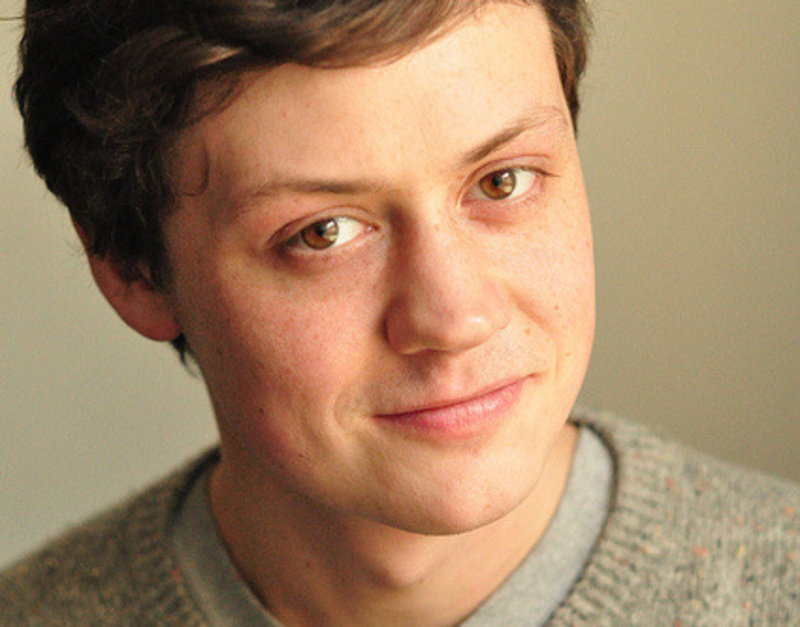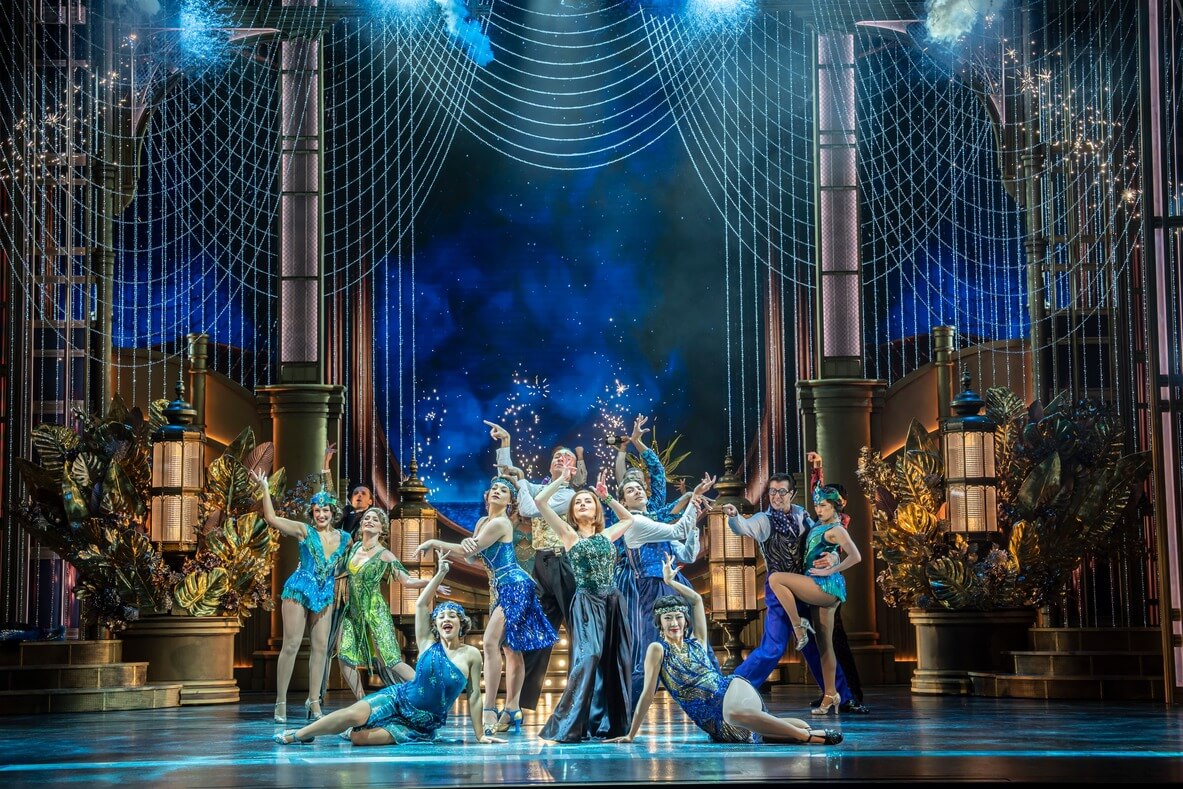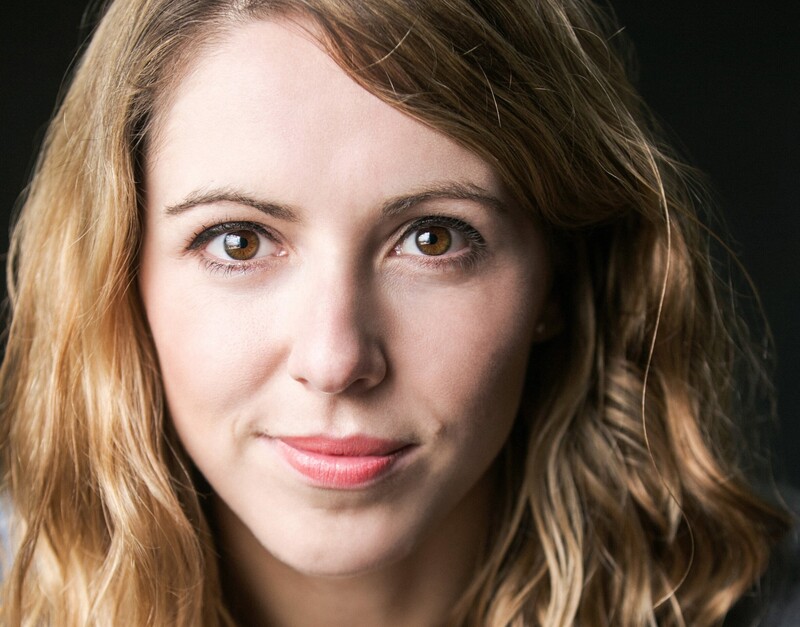This October, Bernstein's operas Trouble in Tahiti and A Quiet Place will be performed at the Royal Opera House, directed by Olivier Mears. The production explores the fate of a single family, serving as a microcosm for the troubled soul of America. British baritone Henry Neill tells us more about the show ahead of its run.
 Henry Neill headshot.
Henry Neill headshot.
1. Could you share how your passion for opera singing began and what inspired you to pursue it as a career?
My first opera was Britten’s A Midsummer Night’s Dream in a student production while I was at university. I remember vividly the buzzing atmosphere backstage before our first show and thinking ‘this is what I want to do with my life’. It isn’t just the incredible music and text that makes opera so special for me but also the teamwork and dedication required to make the best show possible. It’s a very collaborative job and getting to meet new people as well as working with old colleagues is always a huge pleasure. It also helps that I don’t mind getting dressed up in silly costumes.
2. You will be making your Royal Ballet and Opera debut, how are you preparing for this milestone moment in your career?
The more we I rehearse at the Royal Ballet and Opera, the more I realise what an extraordinary privilege it is to work there. The level of musicianship and production is so high that it does of course add a bit of pressure to my preparation, especially as I studied in London and working here was always a dream of mine. I am however, relying on my tried and tested methods of preparation which include music coaching, vocal practise and a series of exercises which help form a character which was given to me by my excellent drama teacher at music college. We are, of course, continuing to prepare, musically and dramatically, in the rehearsal room and I am sure that this preparation will continue right up to the first performance and even until the last show.
3. You will be performing in the Bernstein Double bill, can you tell us a little bit about those different shows..
The two Operas involved in this double bill are really one opera, with two sections composed and set 30 years apart. Bernstein composed Trouble in Tahiti in the early 1950’s and it follows a day in the life of a married couple, Sam and Dinah, living in suburbia somewhere in the United States. Despite their seemingly idyllic life their marriage is falling apart and we see them seeking solace in different ways at the cost of their family life, especially their young son.
A Quiet Place is essentially a sequel, written and set around 30 years after Trouble in Tahiti at the beginning of which we discover that Dinah has died in a car accident. The Opera begins with a funeral at which the estranged family members meet for the first time in years. The children of Sam and Dinah, Junior and Dede struggle to come to terms with their mother’s death, their father’s pain as well as their own memories of a childhood in a broken home. The family try to come together with the aid of Junior’s ex-boyfriend and Dede´s husband, Francois.
4. Can you tell us more about the characters you'll be portraying?
I play the characters of Sam in Trouble in Tahiti and Junior in A Quiet Place. Sam, the father, and Junior, the son, couldn't really be more different despite their relationship. Sam has grown up in the golden age of the American dream and is imbued with everything that that entails. He considers himself an Alpha Male, exudes ambition and confidence in business, demands respect from his wife and children and is emotionally very buttoned up. He invests time and effort in his physical fitness and work at the cost of his family life. The Sam I play in Trouble in Tahiti is relatively sure of himself but confused and pained by his unsatisfactory family life. When we see him in A Quiet Place, then played by Grant Doyle, he is quite a different man.
One can understand then, how Junior´s life would not just be a disappointment to Sam but frankly unconscionable. Junior skipped the Vietnam War draft and fled to Canada after he left school. He has a complicated love life with his former boyfriend, Francois, who married his sister and the three end up in an unconventional living arrangement. Junior also has an, apparently undiagnosed, mental health problem which manifests itself in outbursts of delusions, jazz singing, rhyming and a stutter. He also has an undeniable charm and an eccentricity which makes him a loveable and often comic character.
It´s a challenge to play both these characters but extremely satisfying to see how they change over the course of the two operas.
5. What do you find to be the most challenging aspect of being an opera singer?
At the moment, the most challenging aspect of my job organising things around my family life. My wife is also an opera singer and with our two young children to take care of it is not always easy to make both our careers work! It can also be extremely difficult to be away from home for long periods of time. Luckily we have a lot of help from our own families, particularly the grandparents, as well as our group of friends. Having a partner who understands the stresses and demands of the business is also a great help.
6. Is there a particular moment or scene in the shows that you find especially meaningful or enjoyable?
My favourite moment comes at the very end of A Quiet Place. Junior has an episode where he vividly remembers the childhood memory of his father tucking him in at night. He finally manages to explain to Sam that he is suffering internal mental pain and that is the cause of his outbursts. It is such a poignant moment of childlike honesty and love that is perfectly underscored by beautiful music. It also brings the opera to a close in a spirit of optimism for the future.
7. What can audiences look forward to in Trouble in Tahiti and A Quiet Place?
These two operas have it all. There is tragedy, comedy, violence, sensuality, family feuds and moments of serenity. To say there is never a dull moment would be an understatement. On top of that, the quality of the music and acting that I have seen in the rehearsal room alone should be enough to entice anyone to see a show.
Another great attraction should be the chance to see the two sides of Leonard Bernstein. The composer is probably best known for his works like West Side Story and On The Town, and Trouble in Tahiti is very much in that line. However, it is also fascinating to see Bernstein stretch his legs with some more avant-garde compositional styles, of which he is a master. The music in A Quiet Place jumps from chromaticism to catchy jazz tunes in an extraordinary fashion.
8. Why do you think people should book tickets to see this performance?
It is a must for anyone who has heard and enjoyed Bernstein’s music to come to this show. It has some of the Bernstein that we know and love from his musicals as well as another less well-known side to him. Whether you come for the music, drama, or both, it will be an exciting evening.
Henry Neill performs in Trouble in Tahiti + A Quiet Place at the Royal Opera House from 10-24 October.



